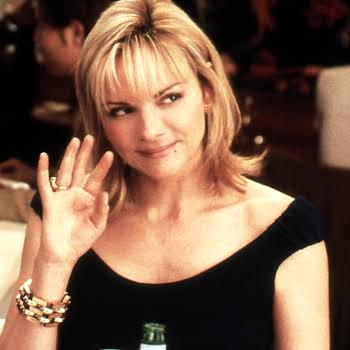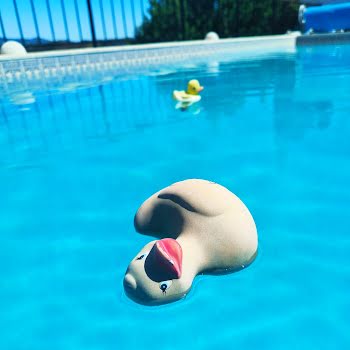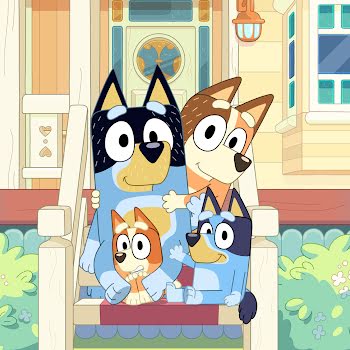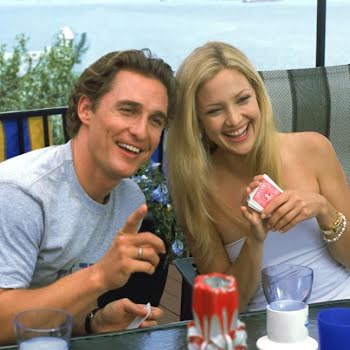By Sarah Finnan
20th Feb 2024
20th Feb 2024
When it comes to the modern world of online dating, there are a few apps that reign supreme. Tinder, Bumble, Hinge, Grindr… the list goes on. But have you heard of Hater?
Most singletons have a love/hate relationship with dating apps. My own routine used to go something like this: download app (usually when hungover and needy), spend ages making profile, pore over what pictures/question prompts to use for far longer than necessary, finally start swiping, get frustrated, delete app.
The whole process took approximately two hours give or take. It was barely enough time to match with anyone and I spent most of it looking at my own account and laughing at my own jokes anyway. Which, on second thought, might have been part of the problem…
I'd date myself
— Zendaya (@Zendaya) July 4, 2015
Online dating is my personal idea of hell. There I said it. You might think that a tad extreme, but unless you’ve spent hours scrolling through highly-curated photos of potential suitors, then I don’t think you’re really in a position to disagree.
Friends are often quick to tell stories of couples they know who supposedly “met on an app”… but, as my inner cynic responds, they’re the exception, not the rule. Sure, it happens, but it’s hard to be optimistic when you’re in the trenches.
The only thing dating apps really do, are highlight how distinctly unoriginal we are as a species.
Likes: Hiking! The outdoors! Sea swimming!
Dislikes: Pineapple on pizza! Badly-poured pints! Actually making an effort!
6ft if that matters. (Commenting on it just tells me that it actually matters more to you than it does me.)
Well, I’m not being an individual on my own. #DerryGirls
— Derry Girls (Fan Account) (@Derry_Girls) January 5, 2018
Lover… or hater?
Which brings me to Hater, the dating app that matches people based on, yep you guessed it, the things they hate. And it’s actually kind of a brilliant concept if you ask me.
Created by a former Goldman Sachs employee who quit his job to pursue comedy, Hater actually started off as a joke. “I started in finance, and I quit to become a comedy writer, and Hater was actually a comedy sketch idea I had originally,” Brendan Alper told CNBC. “But when I told people about it, everyone just loved the idea so much that I figured this has to be a real app.”
Users create their own profile, and then, as with Tinder, begin swiping left and right to indicate whether they like or dislike a certain topic. The algorithm uses those answers to find your best matches and lets you see what people with similar tastes love/hate. Categories included things such as slow walkers, crocs and vegan food – somewhat divisive subjects that people often feel strongly about one way or another (there is the option to skip if you don’t have an opinion).
Brendan took his idea to Shark Tank where the app was supported by Mark Cuban who gave him $200,000 as a starting investment – he actually ended up raising $1 million in venture capital funding. The app launched to much fanfare in 2017 and was downloaded over 1 million times in its first year alone.
“There are optimists and there are pessimists out there, and we really emphasise the fact that this is about hating stubbing your toe or a crowded subway. It’s not about hating groups of people or anything like that,” Alper said at the time.
The app’s success didn’t last long though and appears to have disappeared into the abyss… so, not even the haters have had much luck in the love department.
Courage, mon brave
All is not lost yet though. Don’t get me wrong, dating apps are where hope goes to die, but enthusiasm waxes and wanes like the moon; you swipe left, you swipe right; your hopes are raised and then swiftly dashed. It’s all part of the process. As Dolly Alderton once so wisely put it when asked her thoughts on Tinder et al, your optimism must simply be “recharged”.
And so I leave you with this, a rallying call from the love guru herself.
“Dating apps may not be in their energetic infancy any longer, but I choose to believe the intentions of many millions of their users are bravely romantic. What a tirelessly optimistic thing to do – to declare to the world that you want to fall in love and truly believe that a finger-swipe of half an inch could begin that life-altering butterfly effect.
“We may be tired, we may be jaded, but in the words of everyone’s favourite priest from everyone’s favourite TV show, Fleabag: ‘Being a romantic takes a hell of a lot of hope.’ Courage, mon brave. Once more into the digital battlefield you go.”
Godspeed, lovers (and yes, haters too).
This article was originally published in May 2022. Photo by Andrej Lišakov on Unsplash























